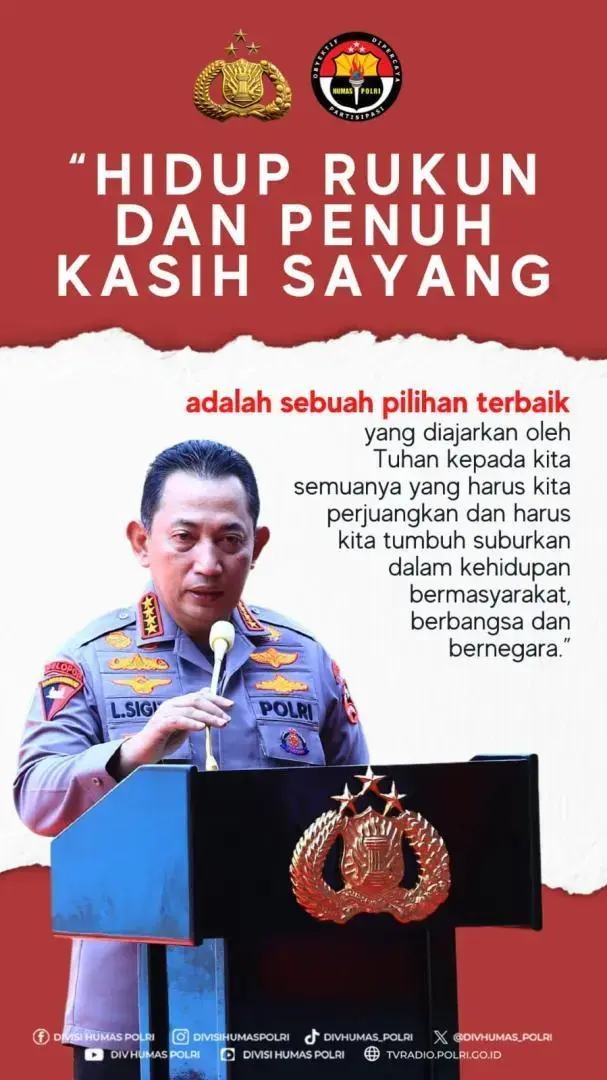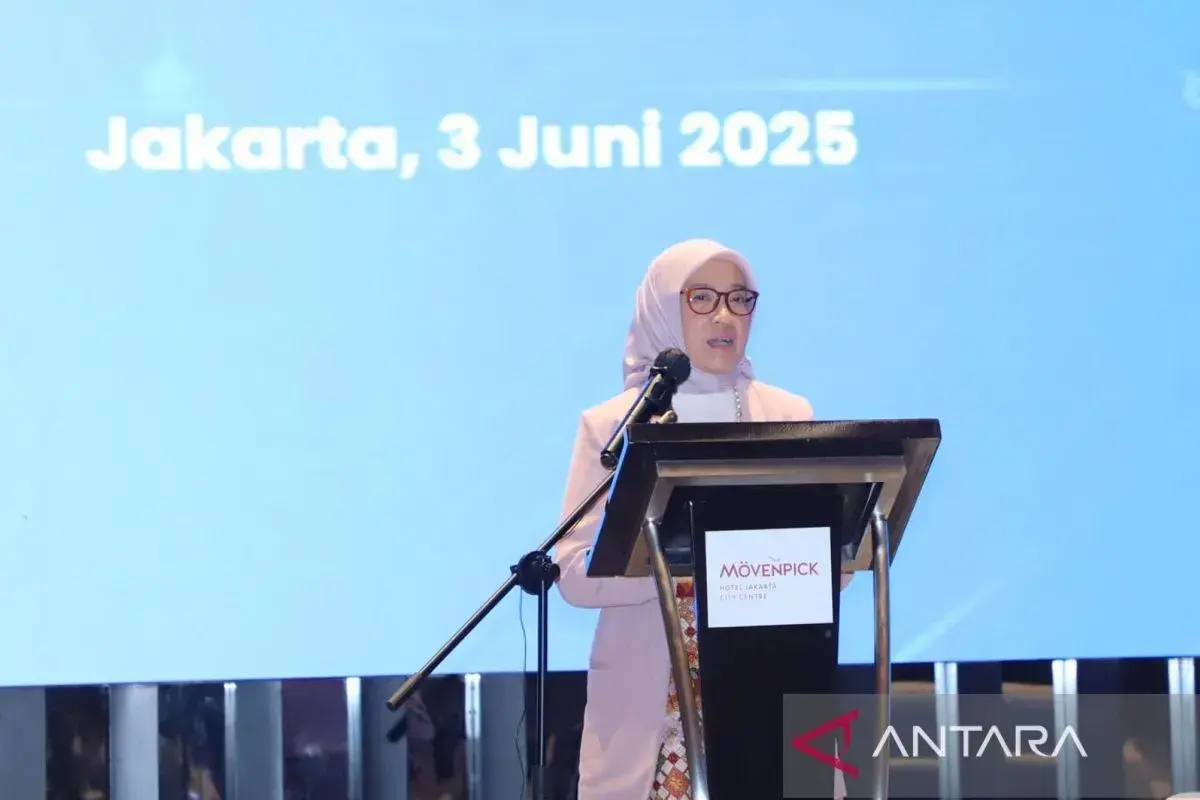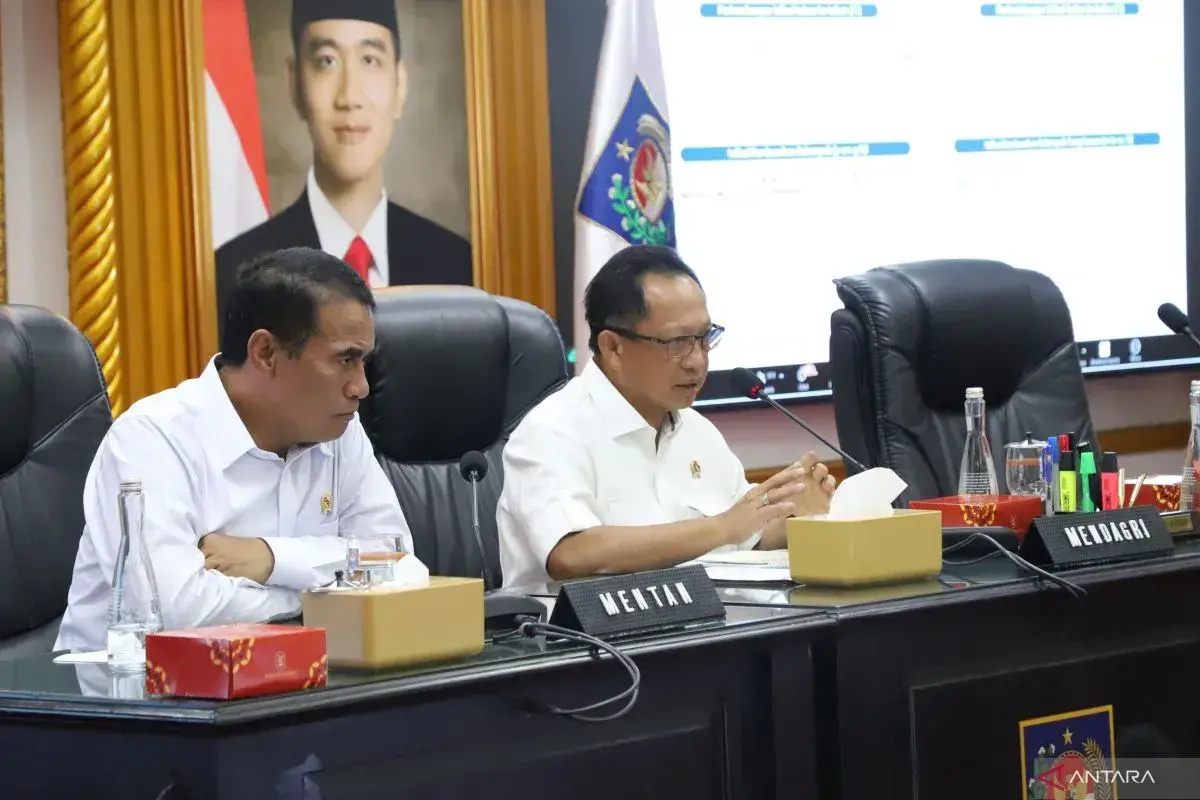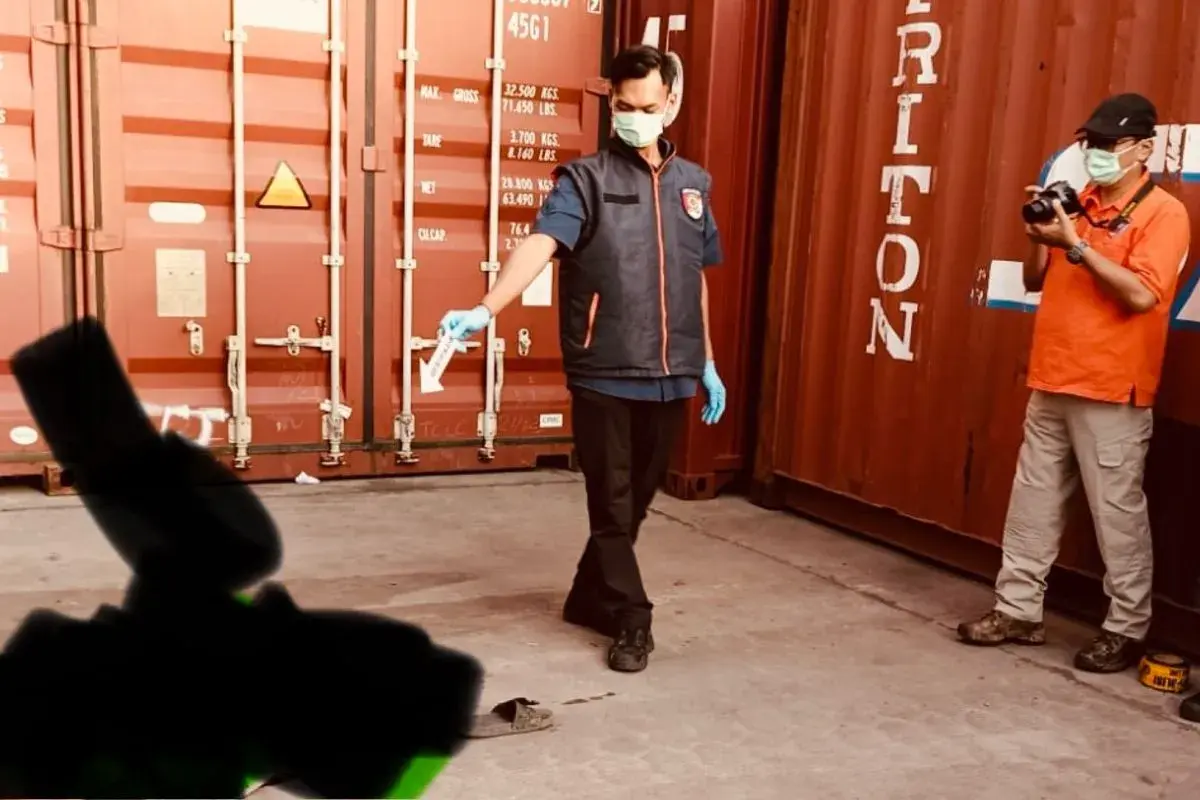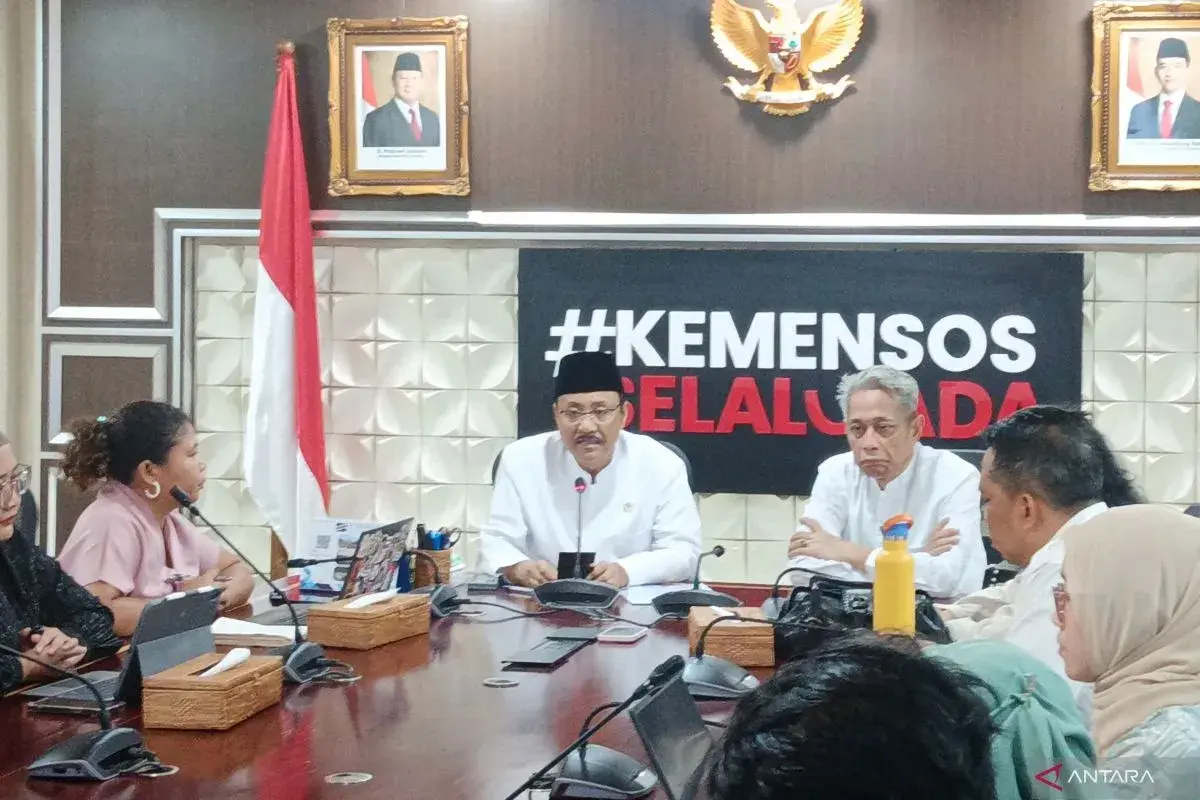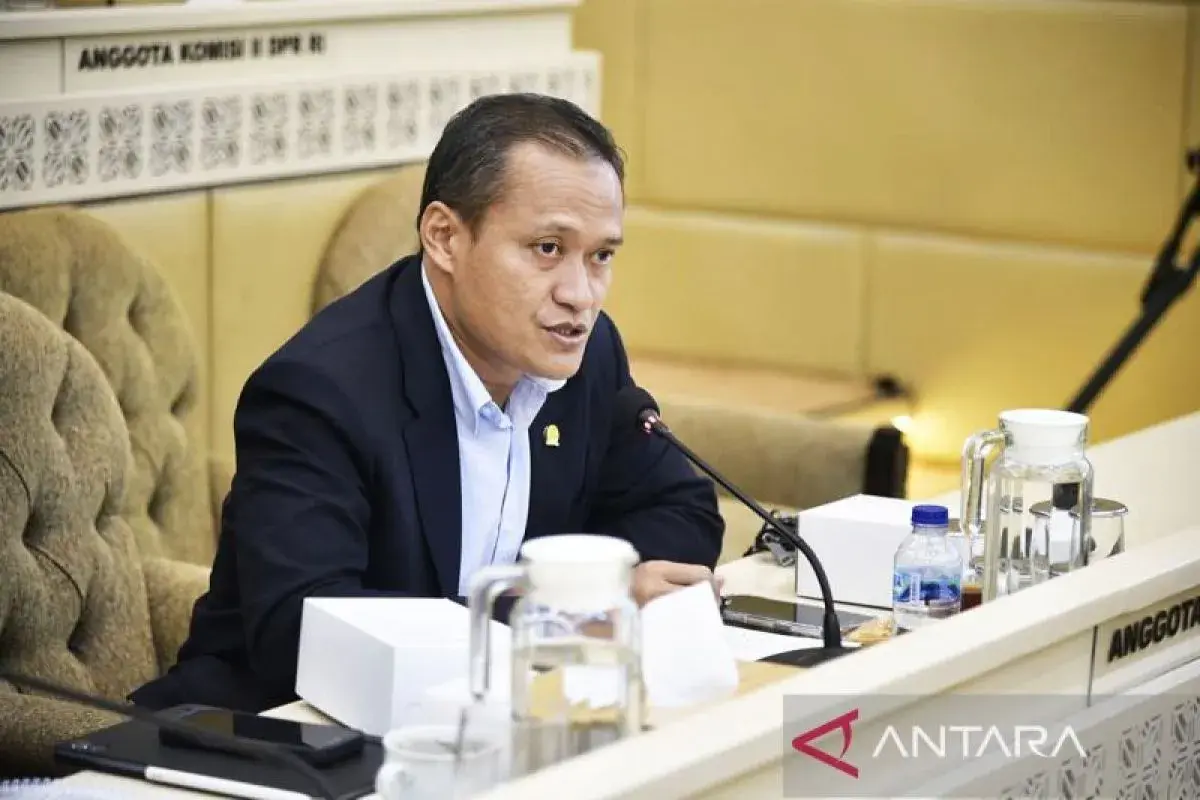inp.polri.go.id - Jakarta. Minister of State Apparatus Empowerment and Bureaucratic Reform Rini Widyantini emphasized that the state civil apparatus must take an active role in preventing conflicts of interest (CoI) in the government environment.
"The role of ASN as agents of change must be an example of ethical compliance, encourage CoI education in work units, and dare to report if they see potential conflicts of interest. Ethical leadership begins with individual awareness in maintaining the integrity of the position," said Rini when opening the National Workshop on Preventing Conflicts of Interest in the Public Sector in Jakarta, Tuesday (6/3/2025).
Rini emphasized that ethical leadership must begin with individual awareness in maintaining the integrity of the position.
According to her, without the active involvement of all ASN, prevention policies will only be administrative documents.
She said conflict of interest is the most common gateway to corruption. This problem not only damages public decisions, but also weakens bureaucratic neutrality and public trust in government institutions.
"Preventing conflict of interest is not just about regulations, but also forming a bureaucratic character that dares to act fairly even when no one is supervising," she said.
Rini added that there are many vulnerable points that must be monitored, such as in the procurement of goods and services, licensing, and job promotions.
Based on a survey by Transparency International, more than 60 percent of corruption cases start from conflicts of interest. Only eight OECD countries have an active CoI verification system.
However, only a few countries, including Indonesia, have adequate verification and reporting systems.
For this reason, Rini said that in the 2025–2029 National Medium-Term Development Plan (RPJMN), digital government is encouraged not only to increase service efficiency, but also to strengthen development integrity.
"Through a transparent and integrated system, starting from data management, procurement, licensing, to public services, we build governance that minimizes the space for personal intervention and reduces the potential for conflicts of interest across national programs," explained Rini.
(ad/inp/pr/rs)



